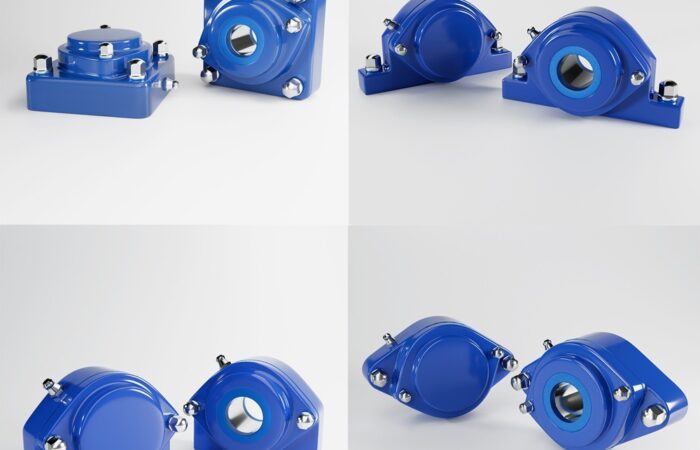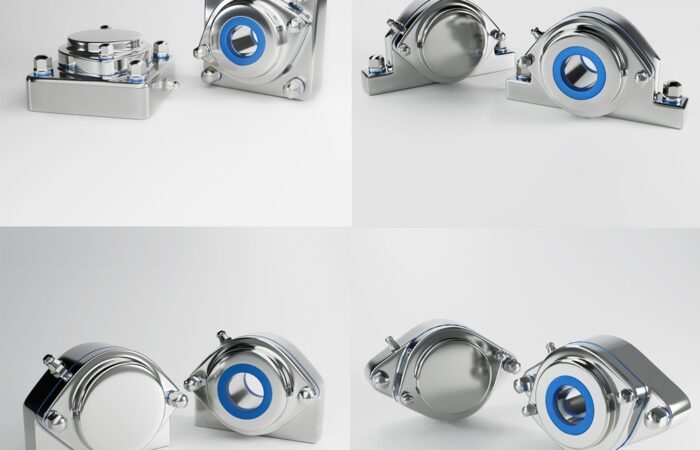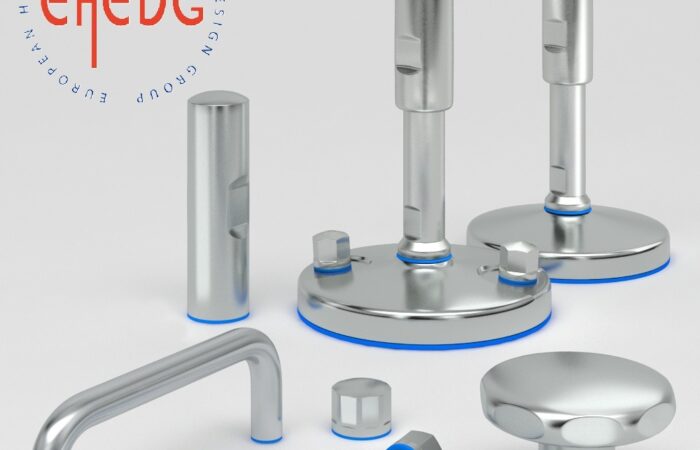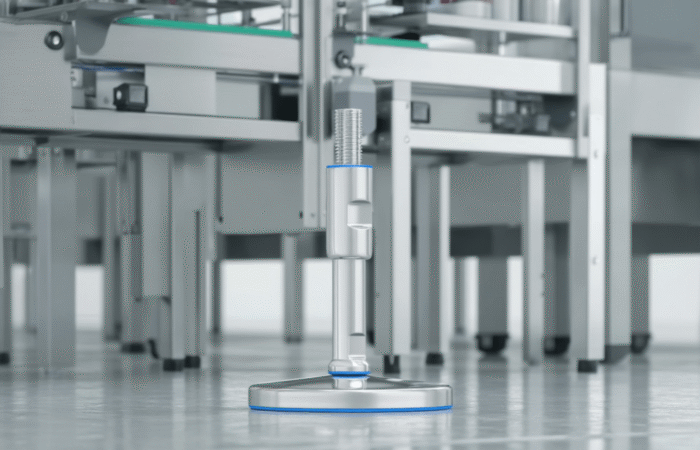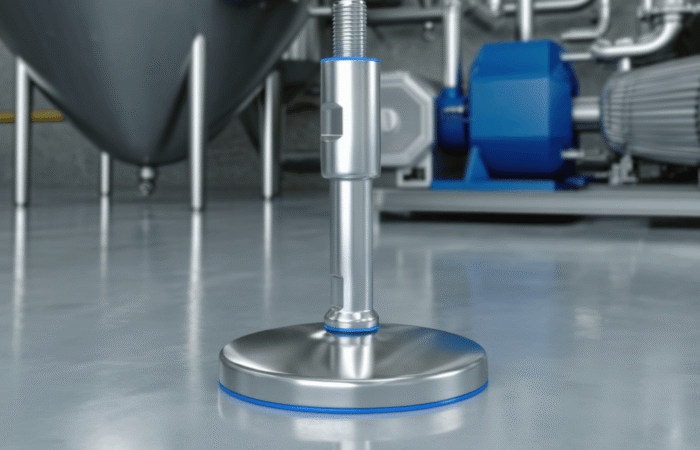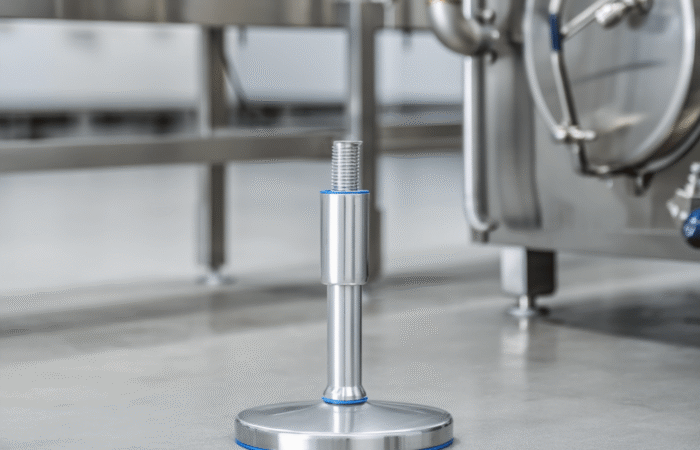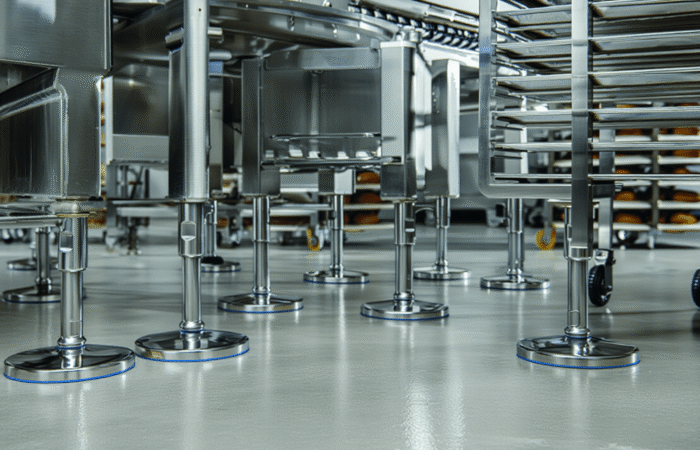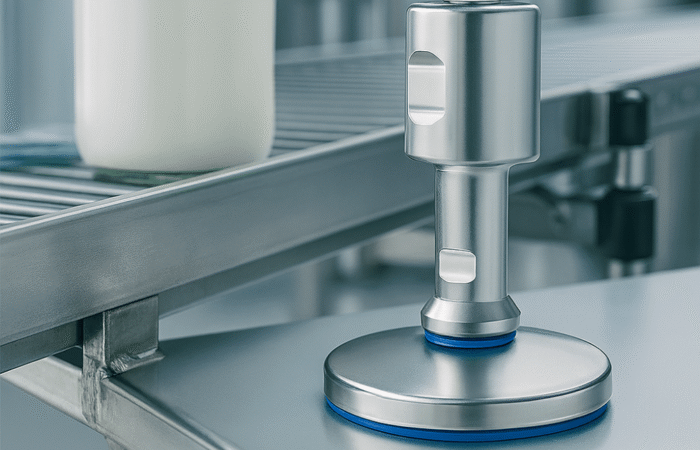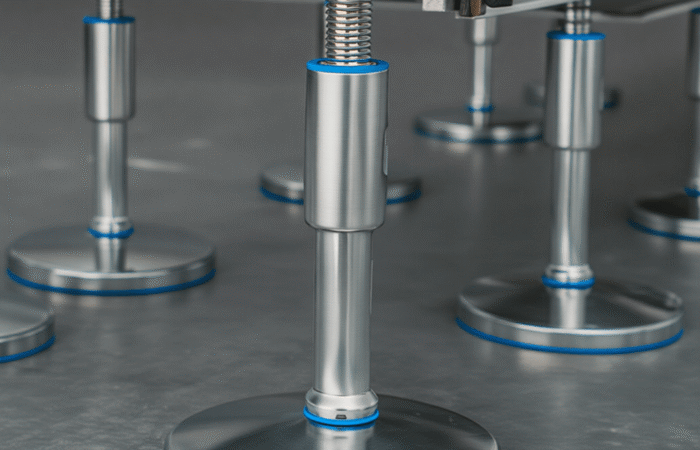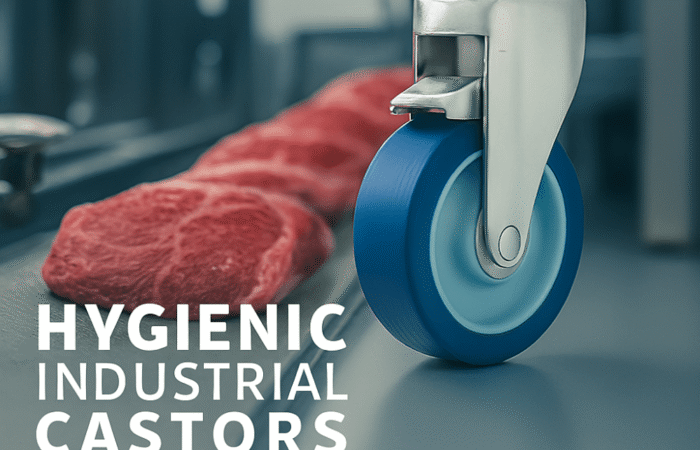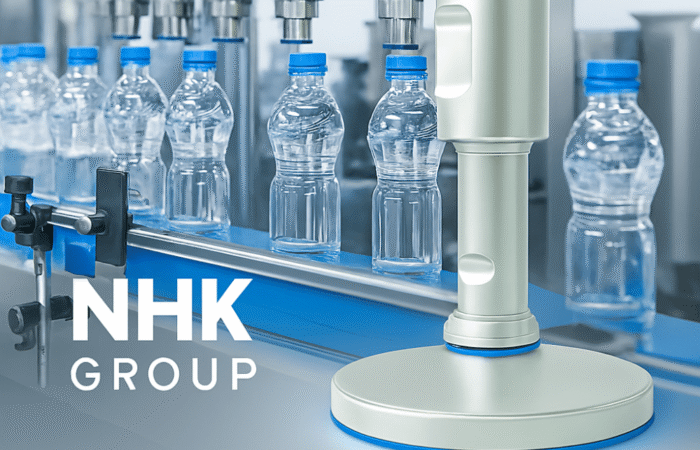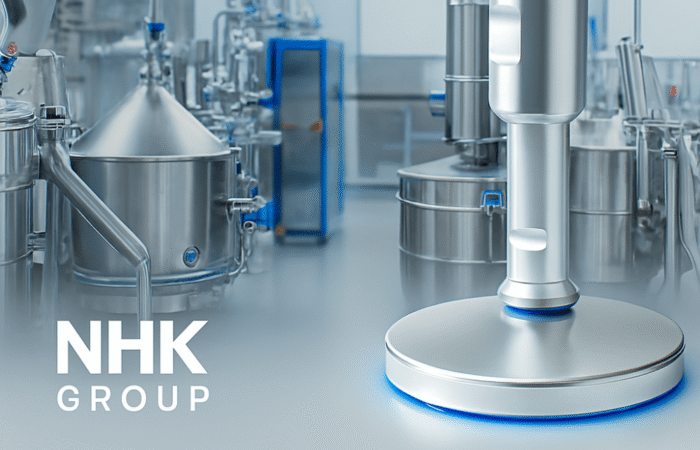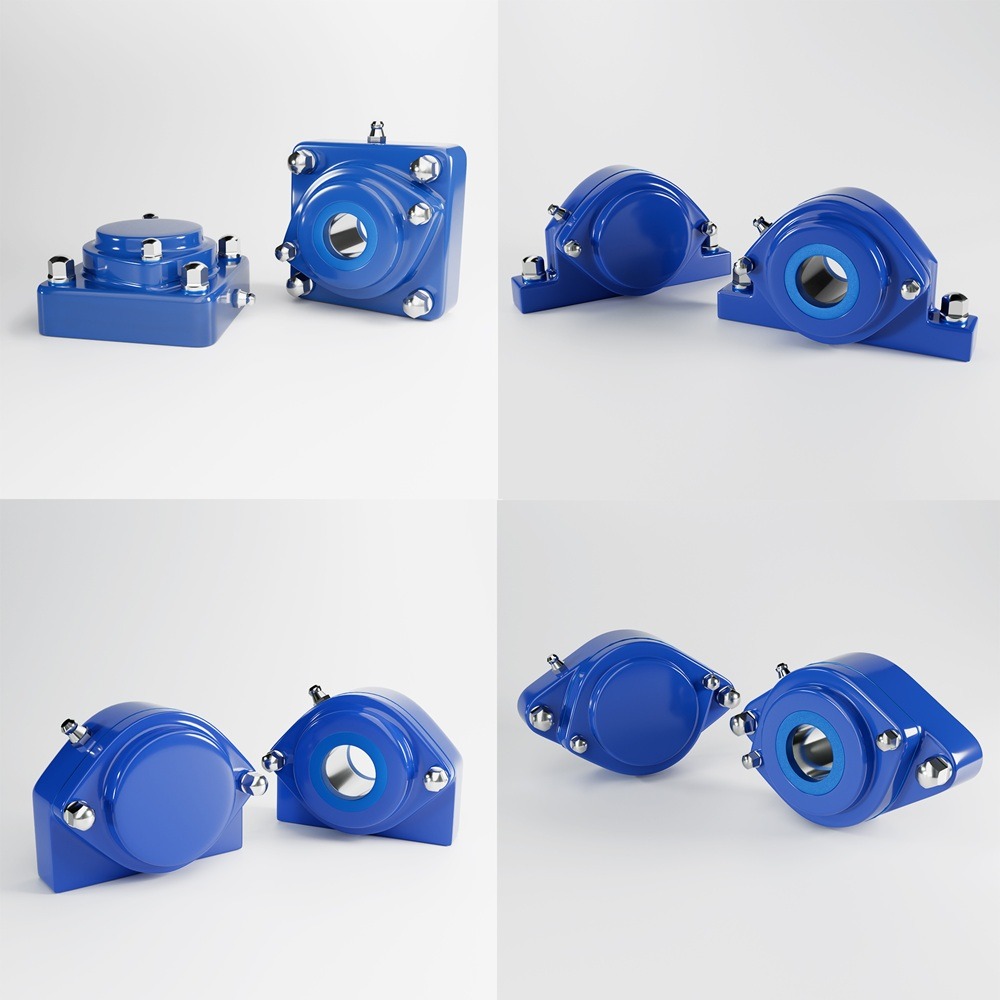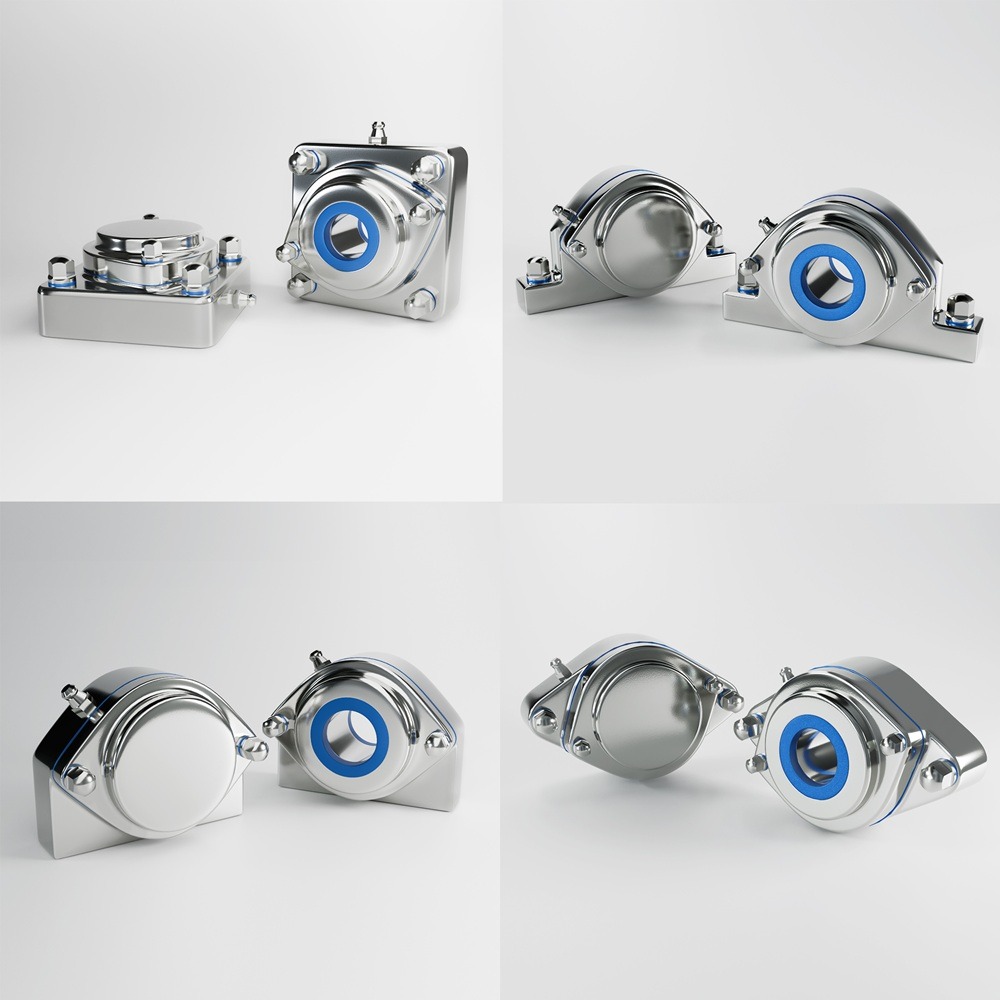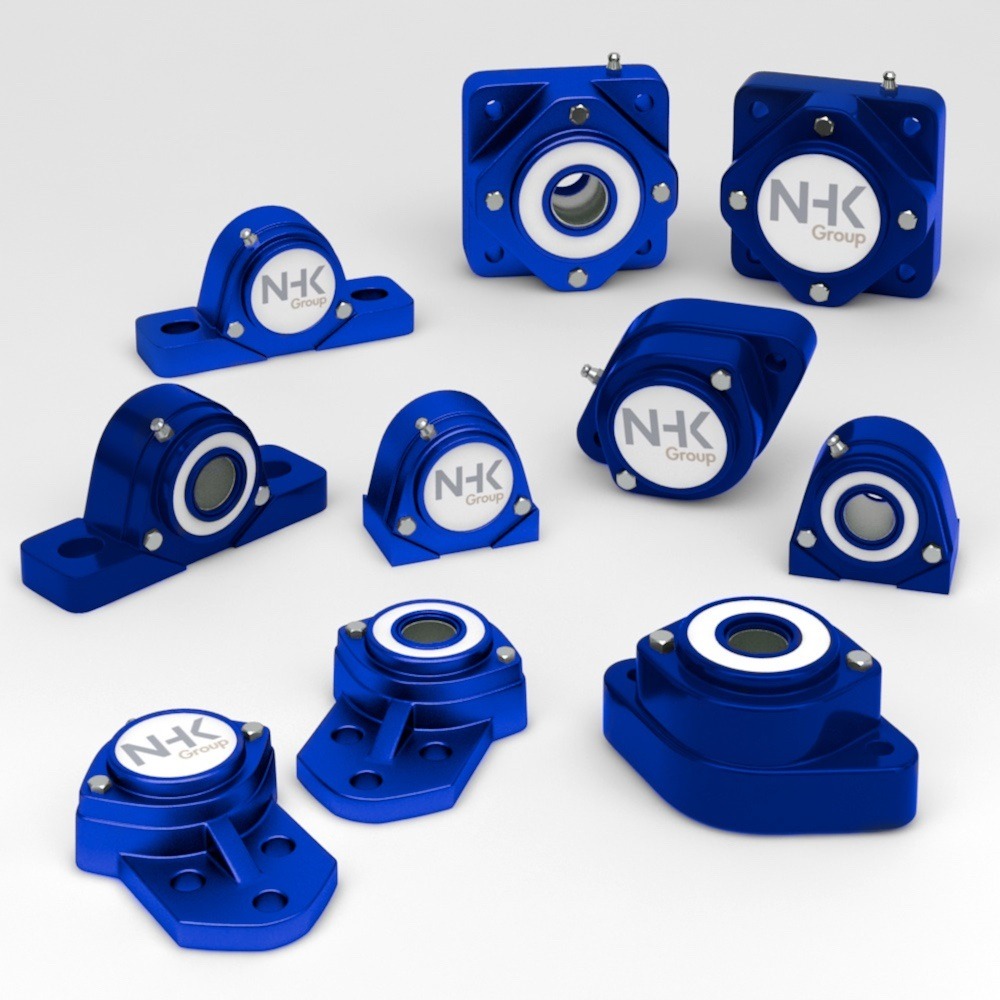
IP67 vs IP69K: Understanding the Differences and Applications
Ingress Protection (IP) ratings define the level of protection that electrical enclosures and components offer against dust, solids, and liquids. Developed by the International Electrotechnical Commission (IEC), these ratings use a standardized two-digit code. The first digit indicates protection against solids like dust, while the second digit measures resistance to water or liquid ingress. Both IP67 and IP69K represent high levels of protection, but they serve different purposes depending on environmental and industrial requirements. The selection of IP67 or IP69K-rated components depends largely on: As industries evolve, the demand for robust ingress protection continues to grow. Innovations include: Choosing between IP67 and IP69K ratings boils down to your operational requirements. IP67 is a reliable and cost-effective choice for environments with moderate dust and water exposure, while IP69K is indispensable for industries that demand rigorous hygiene and durability against high-pressure cleaning. By understanding these ratings and their implications, you can ensure the safety, compliance, and longevity of your equipment, ultimately optimizing your industrial processes. Whether it’s food processing or advanced manufacturing, selecting the right IP rating is a strategic decision that drives performance and reliability. For businesses seeking tailored solutions, consulting with specialists in IP-rated components is essential. Explore your options and ensure your systems meet industry-specific demands with the right ingress protection. Industrial machinery requires precision-engineered components that meet exacting standards for durability, safety, and performance. This comprehensive guide explores the essential machinery parts that drive modern manufacturing across food processing, packaging, and chemical industries. Understanding the difference between Plummer Blocks and Direct Mount Bearings is crucial for engineers and procurement professionals seeking to optimize equipment longevity. Pillow block bearings, also known as plummer blocks, are self-aligning bearing units that simplify installation and significantly reduce maintenance costs. These versatile components mount on machine frames and support rotating shafts with exceptional precision, ensuring smooth operation in demanding industrial environments. Flange bearing units offer a more compact alternative, featuring integrated flanges that enable direct mounting to flat surfaces without additional hardware. Both designs come in various materials, including stainless steel grades optimized for corrosive environments and food-grade applications where hygiene is paramount. The importance of material selection cannot be overstated in machinery design. 440 Stainless Steel and 420 grades offer distinctly different properties suited to specific applications and environmental conditions. The 440 stainless steel variant provides superior hardness and exceptional edge retention, making it ideal for cutting tools and high-wear applications requiring maximum durability. Meanwhile, 420 stainless steel offers better corrosion resistance and is preferred in food processing equipment where chemical exposure is common. Hygienic stainless steel components have become essential in food machinery, meeting EHEDG standards and facilitating rapid equipment cleaning required in modern food production facilities. Understanding ingress protection ratings is equally critical for machinery durability and operational reliability. IP67 rating ensures protection against dust and temporary water immersion, while IP68 rating provides complete dust protection and sustained water immersion capabilities for submerged operations. The IP69K standard represents the highest protection level, specifically designed for high-pressure wash-down environments found in industrial food processing facilities. These ratings define how effectively machinery components withstand environmental challenges and maintain performance. Modern industrial facilities increasingly demand equipment that combines high performance with ease of maintenance and sanitation. The choice between different bearing types depends on operational requirements, environmental conditions, and budget constraints. Proper component selection ensures extended equipment lifespan, reduced downtime, and improved operational efficiency.What Do IP Ratings Mean?
Get our catalogue here
See our product line here
The Breakdown: IP67 vs. IP69K
IP67: Submersible and Dust-Tight
IP69K: High-Pressure, High-Temperature Resistance
Key Differences Between IP67 and IP69K
Feature IP67 IP69K Dust Protection Fully dust-tight Fully dust-tight Water Protection Immersion up to 1 meter High-pressure, high-temperature jets Typical Use Case Outdoor electronics, manufacturing Food processing, pharmaceutical, sanitary applications Cost Implications Generally lower Higher due to enhanced design Applications of IP67 and IP69K in Industries
Food and Beverage Industry
Pharmaceuticals and Biotechnology
Manufacturing and Automation
Why the Choice Matters: Durability and Compliance
Choosing Between IP67 and IP69K for Your Needs
IP67: Reliable and Versatile
IP69K: Maximum Protection
Emerging Trends and Innovations
Choosing the Right IP Rating: IP67 vs. IP69K for Optimal Performance and Reliability
Tailored IP-Rated Solutions for Your Industry Needs
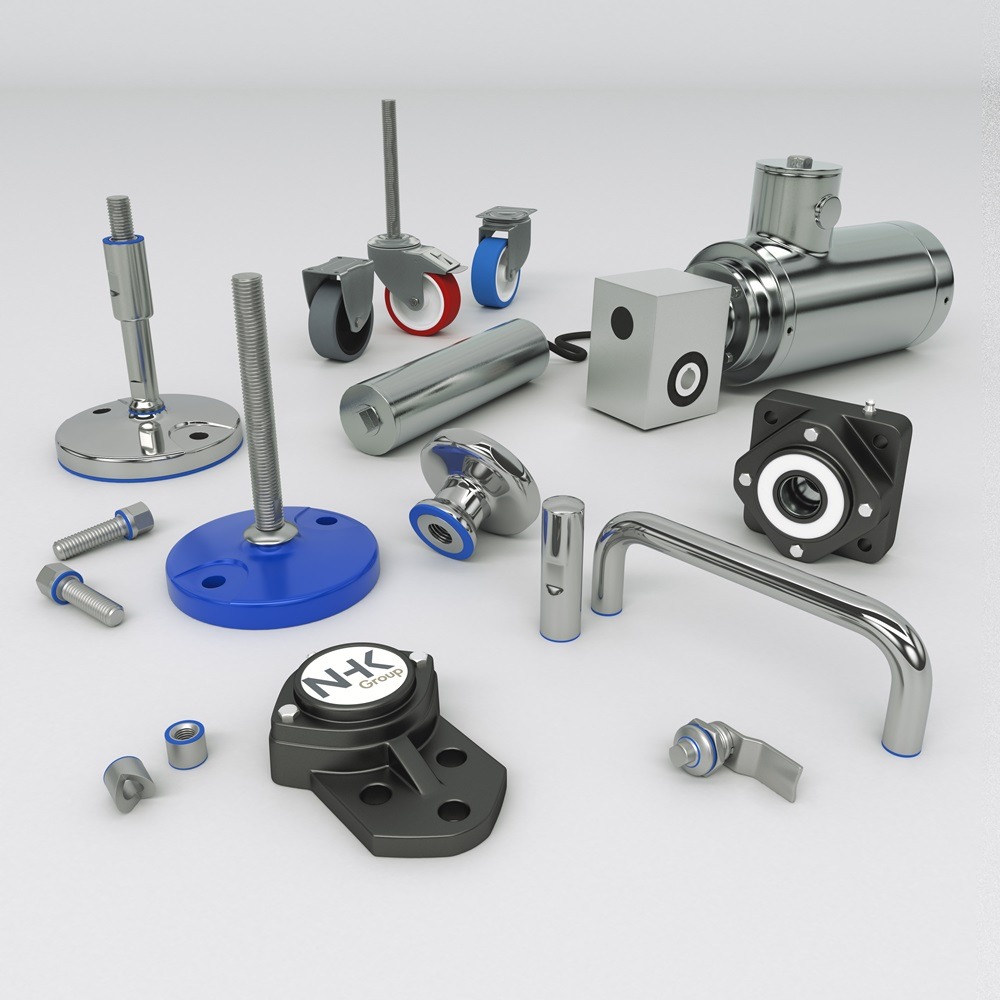
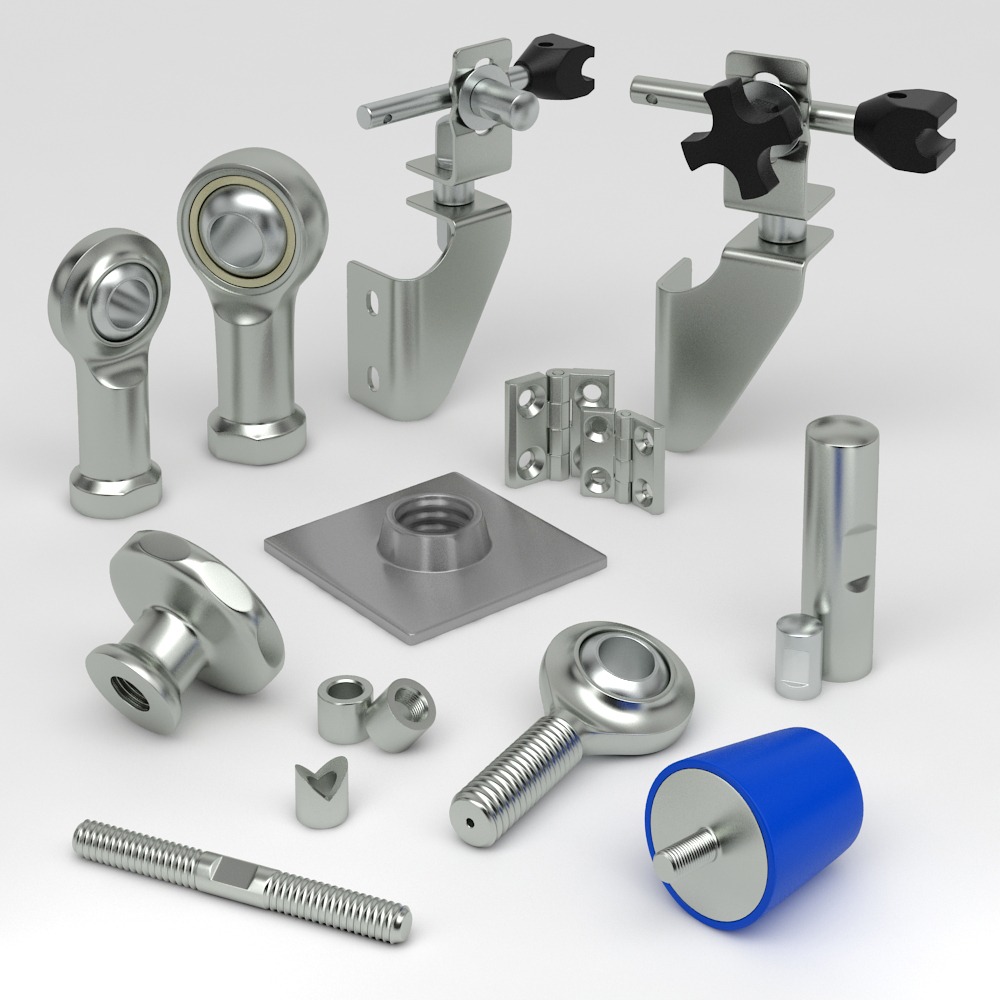
Contact
Understanding Machinery Components & Protection Standards
